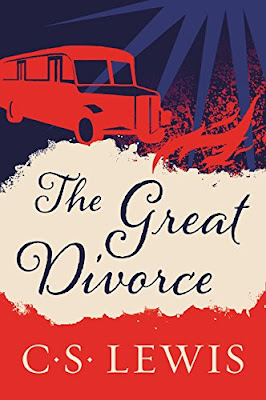Finesse Leadership from Jefferson
When I think of an ideal leader, I often think of
someone who is blessed with the gift of charisma. This is your type-A leader,
your maverick, who fearlessly blazes a trail forward and compels others to follow
by his powerful personality. Leaders in this mold are often gifted
communicators. They naturally attract people to join in their cause which they
champion with boldness and vision. They fight to actualize their vision into reality with
fearlessness and are not afraid of a few hurt feelings along the way. These
are your firebrands, like John Adams and Patrick Henry: "Give me liberty or give
me death."
I am sure you can
think of several leaders in your life who have sported this, what we will call
“direct-model” of leadership. It is often highly effective.
But after finishing a
book on the life of Thomas Jefferson, I am astounded by how effectively he led
by other means. Jefferson was not a gifted orator. He was fairly
mild mannered and soft-spoken, so much so that when giving his inauguration
address in the senate chamber only a few could hear his weak voice. He
hated arguments and detested open confrontation. He was also highly sensitive
of the public’s opinion of him. In truth, Jefferson was more of a philosopher
than a battle general, and definitely not the stereotypical,
charismatic, "ra-ra" leader we often expect our leaders to be.
So the question is:
how does someone who lacks public speaking skills, who lacks the boisterous
"my way or the highway" leadership style, end up re-casting America
into a Jeffersonian vision that we still live in the wake of today? How
does this man double the size of the United States and usher in a
period of growth unprecedented in modern history at that point? The
answer lies in the fact that there is more than one way to lead effectively,
and Jefferson mastered the art of inflicting his will through less than direct
means. In short, Jefferson was smart, and he knew what he was good at.
Meacham writes: “Open political warfare was
not for him; he preferred to impress himself on the course of events without
bombast or drama, leading so quietly that popular history tends to make too
little of his achievements as president.” (Meacham, 352)
Where Jefferson
lacked public speaking skills, he was incredibly skilled with the pen. Where
Jefferson failed to convince in an intensive debate format, he was incredibly
convincing on an interpersonal basis. Jefferson was blessed with a very
disarming spirit of personality, and would frequently invite people
(allies or opposition) to dine with him. He had such a likeable persona, such a
pleasant disposition, such a vast knowledge of various topics--that he could
build bridges and find commonality with many of his rivals through personal
conversations. “For all his low key republican
symbolism, Jefferson understood that access to the president himself could make
all the difference in statecraft—hence his dinners with lawmakers and his
willingness to receive callers” (362). So instead of influencing through a declaration of war on the federalists or verbally pummeling his adversaries in a heat of rage, Jefferson would eat with them.
It was not that
Jefferson lacked the boldness and drive of some of those “firebrands” in his day (his
achievements and his personal letters reveal his incredible internal drive for
power) but rather that his boldness and drive were somewhat cloaked. “He was more of a
chess player than a traditional warrior, thinking out his moves and executing
them subtly rather than reacting to events viscerally and showing it
(364).
With this in mind, Jefferson looked to
maintain his advantage where he could dominate--with his pen. Often times he
would write personal letters to embolden political friends in their
position. Sometimes he would push an ally to do the dirty
work for him, delegating what was in his power to someone who was
more suited to tackle it. And if he disagreed with something, rarely would he
proclaim his disdain to the world; rather he would notify his friends in
power of his weighty opinion behind the scenes, galvanizing them to join his
side.
The application of
all this to us is that there is not one rigid model of leadership. You do not
have to be a boisterous extrovert to lead effectively. You do not have to force a square peg
into a round hole, because there is no hole. There is no set leadership style
that guarantees success, nor is there a set personality formula that you must
force yourself to become in order to influence others.
If we are to lead effectively
in whatever capacities we find ourselves in charge, we must like Jefferson, first
know ourselves. We must know our strengths and our weaknesses, how we have been
created, and incline our leadership methods to suit our strengths. This
does not mean that we ignore our deficiencies, and Jefferson definitely did not
ignore public speaking; but he focused his effort on his skills, choosing to
influence from in-direct means. From a distance and with finesse. And it proved
effective.
***
Meacham, John. Thomas Jefferson: The Art of
Power. Random House. 2012. Print.




Comments
Post a Comment